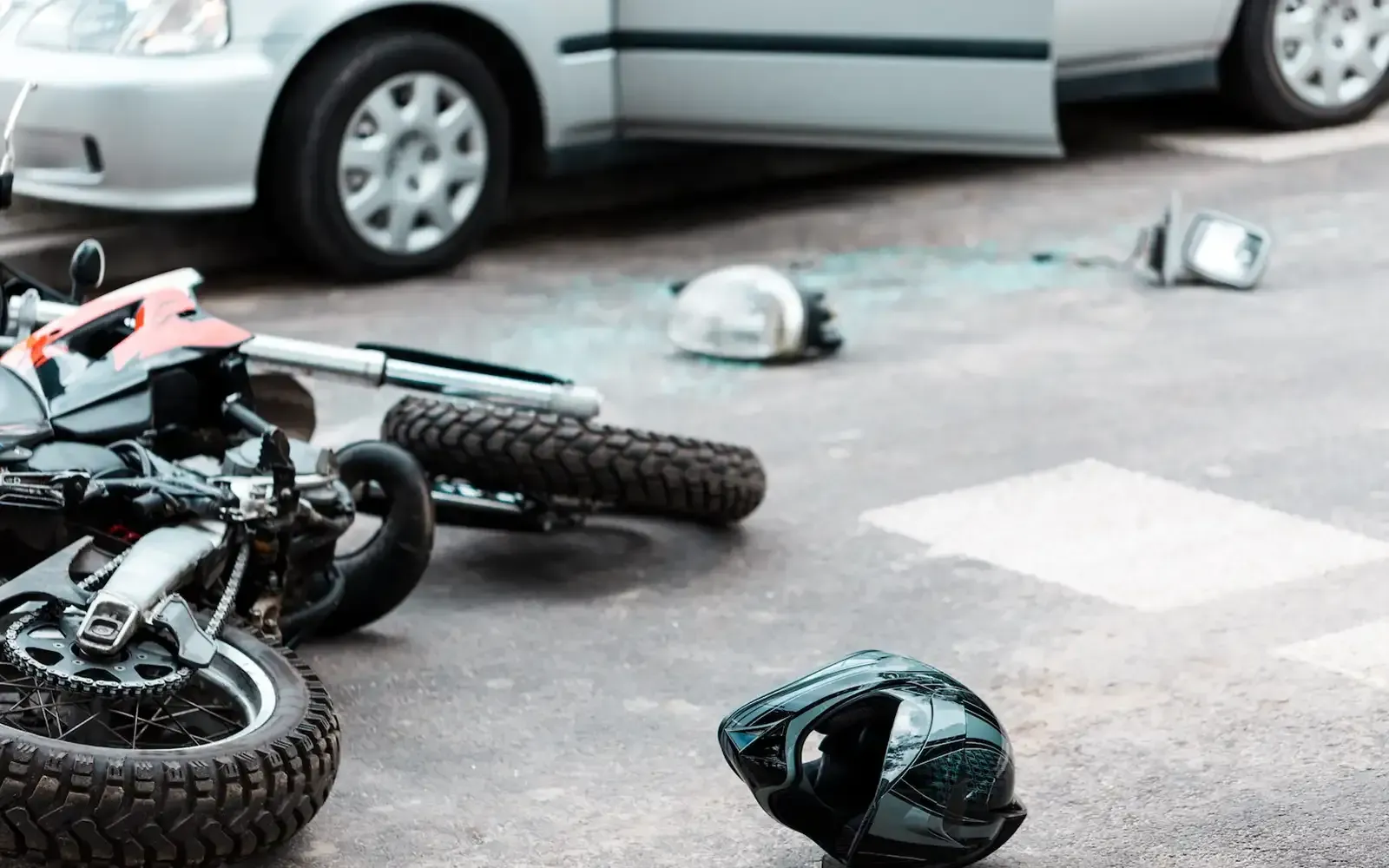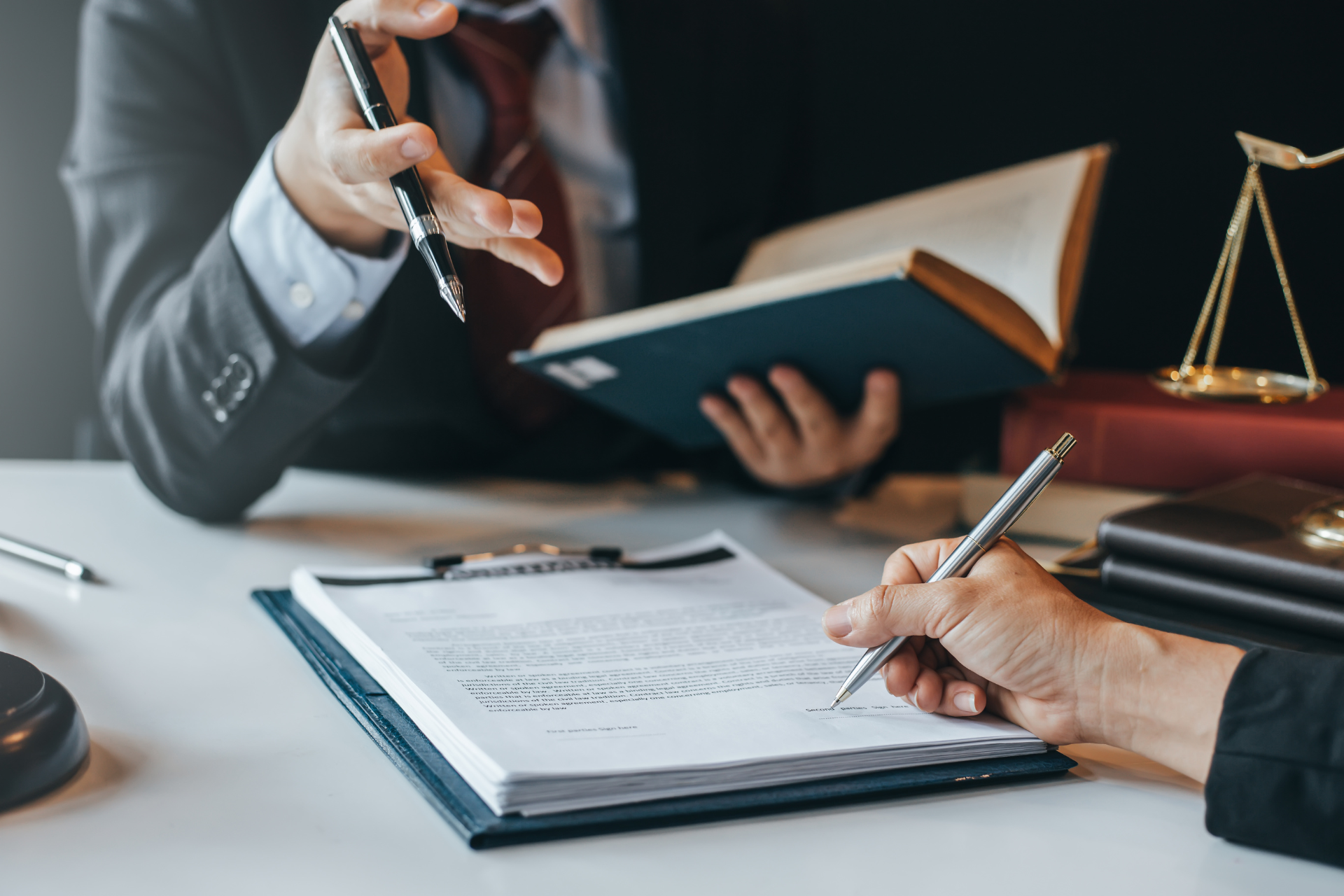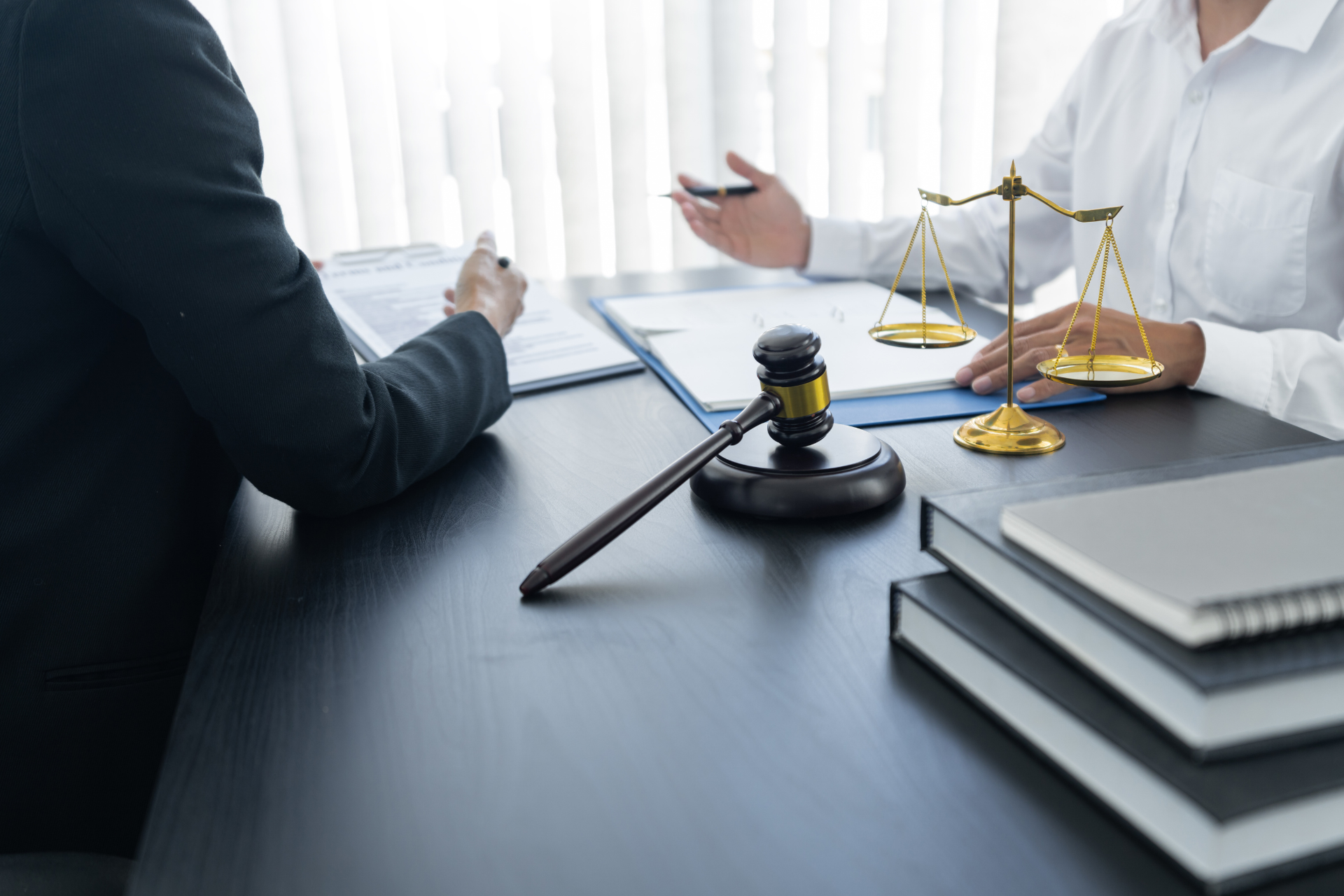What Is Wrongful Death?
Understanding Wrongful Death Compensation: A Guide for Families
Losing a loved one is one of life’s most troubling experiences, and it’s even more devastating when that loss is due to someone else’s negligence or wrongful actions. While no amount of money can truly make up for the loss of a loved one, wrongful death compensation can provide financial support and some sense of justice for grieving families. Here’s a comprehensive guide to understanding wrongful death compensation and how it can help you during such a difficult time.
What is Wrongful Death?
Wrongful death occurs when a person dies as a result of the negligent, reckless, or intentional actions of another party. This can happen in various circumstances, including:
- Car accidents caused by reckless or drunk driving
- Medical malpractice
- Workplace accidents
- Defective products
- Criminal activities
Who Can File a Wrongful Death Claim?
Typically, the following parties can file a wrongful death claim:
- Immediate family members (spouses, children, parents)
- Life partners, financial dependents, and putative spouses
- Other family members (siblings, grandparents) in some jurisdictions
- Executors or personal representatives of the deceased’s estate
It’s important to consult with an experienced wrongful death attorney to understand who is eligible to file a claim in your specific situation.
Types of Wrongful Death Compensation
Wrongful death compensation is intended to cover various damages that the deceased’s family or estate has suffered as a result of the untimely death. These damages can be categorized into economic and non-economic damages.
Economic Damages
Economic damages are intended to cover the financial losses resulting from the death, including:
- Medical Expenses: Costs incurred for medical treatment prior to the deceased’s death.
- Funeral and Burial Costs: Expenses related to the deceased’s funeral and burial services.
- Lost Wages and Benefits: Compensation for the income and benefits the deceased would have earned had they lived.
- Loss of Inheritance: The value of the inheritance the deceased would have accumulated and passed on to their heirs.
Non-Economic Damages
Non-economic damages compensate for the intangible losses experienced by the family, including:
- Loss of Companionship: The emotional pain and suffering experienced due to the loss of a loved one.
- Loss of Consortium: The loss of the deceased’s love, companionship, comfort, and guidance.
- Pain and Suffering: The mental anguish and emotional distress suffered by the deceased’s family.
Punitive Damages
In cases involving particularly egregious or malicious conduct, punitive damages may be awarded. These are intended to punish the wrongdoer and deter similar behavior in the future.
How is Wrongful Death Compensation Determined?
The amount of compensation awarded in a wrongful death claim depends on several factors, including:
- The Deceased’s Age and Health: Younger, healthier individuals are likely to have had a longer life expectancy and greater earning potential.
- The Deceased’s Income and Benefits: The decedent’s earning capacity and employment benefits are key factors in determining economic damages.
- The Relationship to the Deceased: Spouses, children, and parents may receive different amounts based on their dependence on the deceased.
- The Circumstances of Death: The nature and severity of the wrongful act can influence the amount of compensation, especially in cases involving punitive damages.
The Importance of Legal Representation
Navigating a wrongful death claim can be complex and emotionally challenging. Having an experienced personal injury attorney by your side is crucial to ensure that you receive the compensation you deserve. A skilled attorney can:
- Investigate the Case: Gather evidence, interview witnesses, and build a strong case to prove negligence or wrongdoing.
- Calculate Damages: Accurately assess economic and non-economic damages to seek fair compensation.
- Negotiate with Insurance Companies: Handle negotiations to secure a fair settlement or represent you in court if necessary.
- Provide Emotional Support: Offer compassionate guidance and support throughout the legal process.
Conclusion
While no compensation can replace the loss of a loved one, wrongful death compensation can provide essential financial support and a sense of justice for grieving families. At JDB Law, we understand the profound impact of losing a loved one and are committed to helping families navigate the legal complexities of wrongful death claims. If you’ve lost a loved one due to someone else’s negligence or wrongful actions,
contact us today for a compassionate consultation. Let us help you seek the justice and compensation you deserve.








